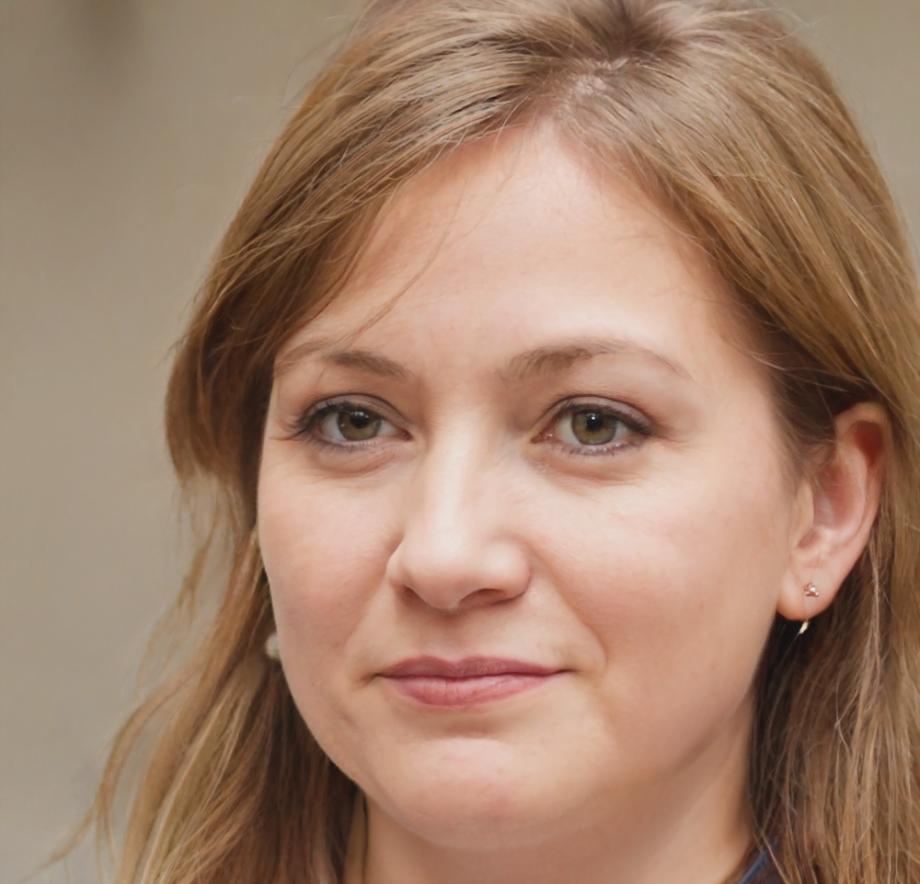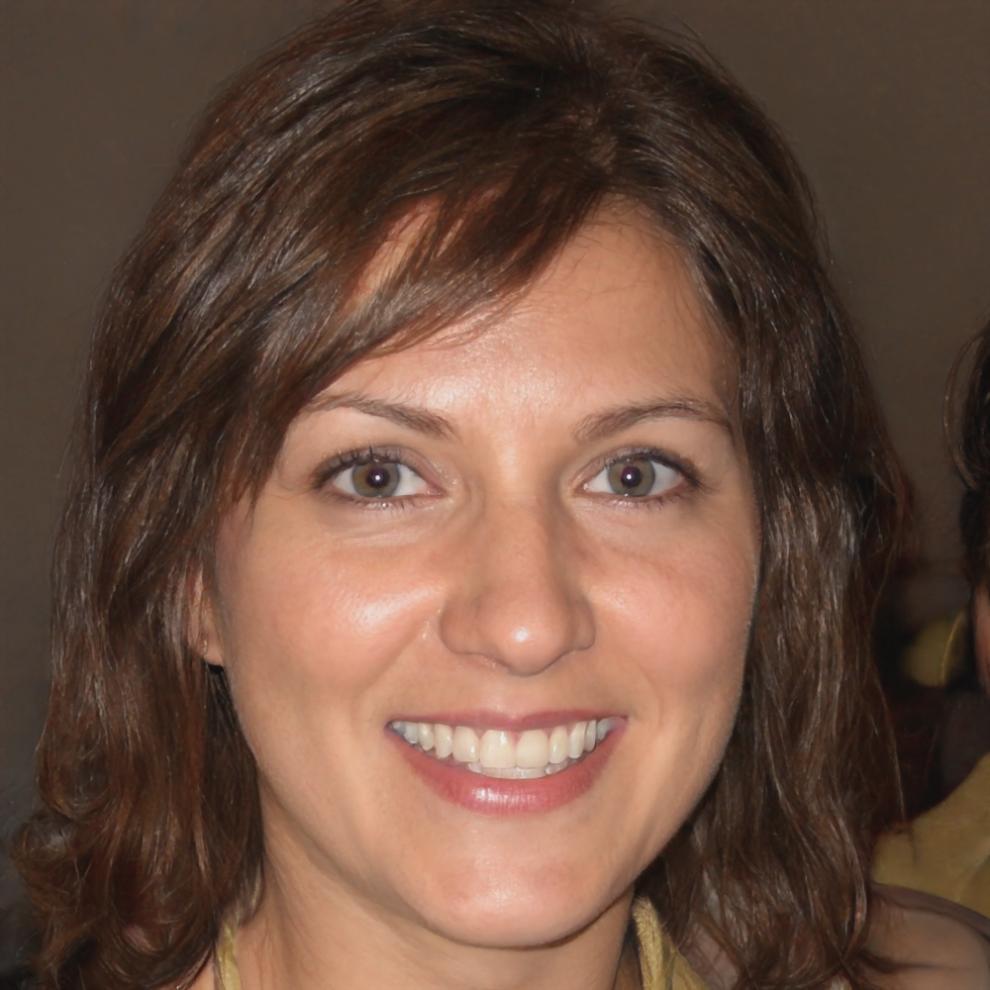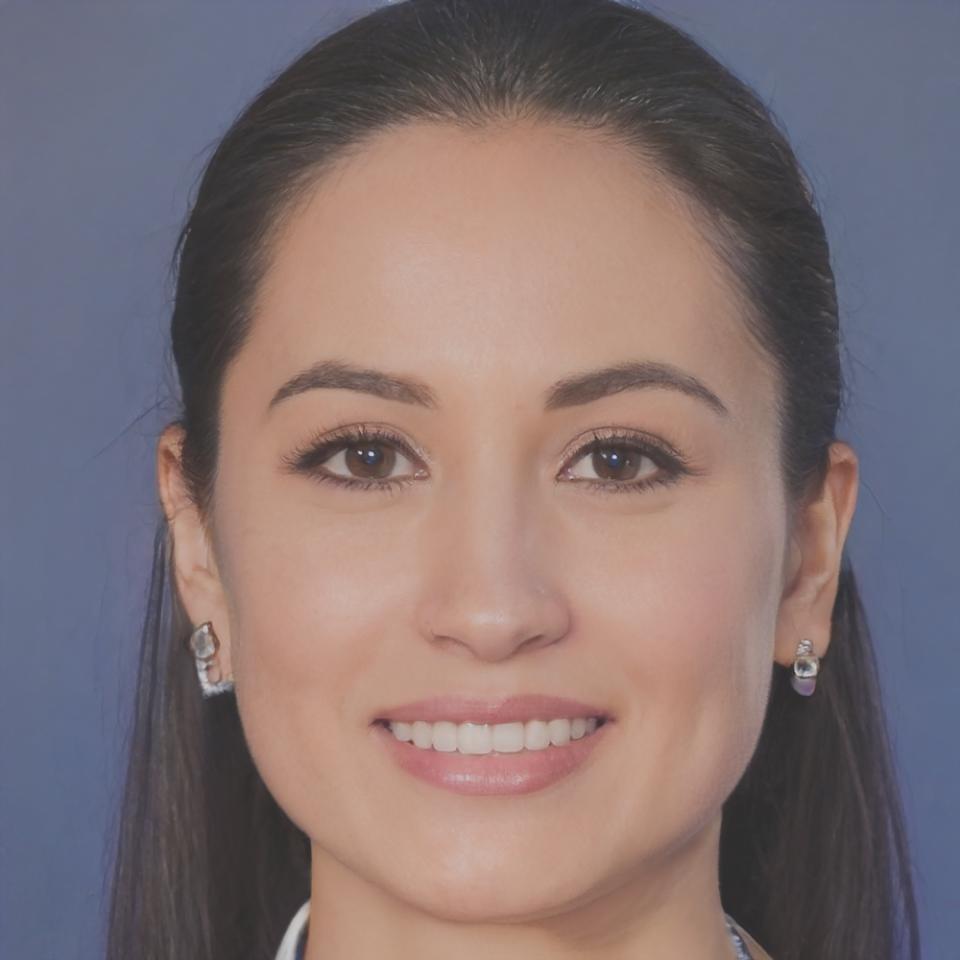Foundations in Financial Literacy
Learn to Invest with Confidence
Starting your investment journey can feel overwhelming. We've designed a practical program that walks you through the basics—from understanding different asset types to building a portfolio that matches your goals. No jargon, no gatekeeping. Just real knowledge you can use.
Get Program Details
Built Around Real Scenarios
We skip the theoretical fluff. Instead, you'll work through actual investment situations that people face—deciding between RRSPs and TFSAs, evaluating dividend stocks versus growth stocks, understanding when bonds make sense.
Each module includes case studies from Canadian investors who've navigated these choices. You'll see their reasoning, their mistakes, and what they learned. It's the kind of insight you'd normally only get from years of trial and error.

Your Questions Drive the Content
Most courses follow a rigid structure. Ours adapts based on what participants actually struggle with. During our autumn 2025 cohort, we spent extra time on market volatility because that's what people needed.
You'll have access to weekly discussion sessions where you can bring your specific questions—whether it's about your employer's stock purchase plan or how to rebalance your portfolio. The curriculum is comprehensive, but we make room for the topics that matter to you personally.
Questions We'll Answer Together
People come to us at different stages. Some haven't started investing yet. Others have portfolios but feel uncertain about their choices. Here's what we typically address at each point in the journey.
Before You Start
- How much should I save before investing?
- What's the difference between all these account types?
- Do I need to pay off debt first?
- Which broker should I choose?
- How do I know if I'm ready to begin?
First Investments
- Should I start with ETFs or individual stocks?
- How much diversification is enough?
- What does asset allocation actually mean?
- When should I buy—is timing important?
- How do I avoid common beginner mistakes?
Building Your Strategy
- How do I research investments properly?
- What metrics should I actually care about?
- Should I reinvest dividends automatically?
- How often should I check my portfolio?
- When does rebalancing make sense?
Ongoing Learning
- How do I stay informed without information overload?
- Should I adjust my strategy as I age?
- What resources are worth following?
- How do I handle market downturns emotionally?
- When might I need professional advice?
Who You'll Learn From
Our instructors aren't just knowledgeable—they remember what it's like to be confused by financial terminology and uncertain about where to start. They've all been there.

Siobhan Kellett
Portfolio StrategySiobhan spent twelve years at a wealth management firm before realizing she preferred teaching over client meetings. She's great at breaking down complex concepts—her students say she makes things "finally make sense" after years of confusion.

Petra Lundqvist
Market FundamentalsOriginally from Sweden, Petra brings an international perspective on investing. She focuses on helping people understand how different markets work and why certain strategies succeed in specific contexts. Her sessions are known for being both informative and surprisingly entertaining.

Amara Dubois
Risk ManagementAmara specializes in helping people understand their own risk tolerance—which is harder than it sounds. She uses behavioral finance principles to explain why we make certain decisions and how to build portfolios that match our actual comfort levels, not just our theoretical ones.
How the Program Works
We run cohorts throughout the year, with the next session starting in September 2025. The program runs for twelve weeks, with two evening sessions per week plus optional weekend workshops.
You'll need about 6-8 hours weekly for sessions and assignments. The workload is manageable even if you're working full-time—most participants are. We've designed it to fit around real life, not the other way around.
- Live sessions twice weekly with recordings available if you miss one
- Small group discussions capped at 20 participants per cohort
- Practice portfolio you'll build and manage throughout the program
- Access to our resource library with templates and research tools
- Three months of follow-up support after the program ends
We keep groups small intentionally. You'll get to know the other participants, which means you can learn from their questions too. Some of our most valuable discussions have come from someone asking something everyone else was wondering but hesitant to bring up.
The curriculum covers stocks, bonds, ETFs, mutual funds, and alternative investments. We'll talk about tax-advantaged accounts specific to Canada, retirement planning basics, and how to evaluate financial advice when you encounter it.
